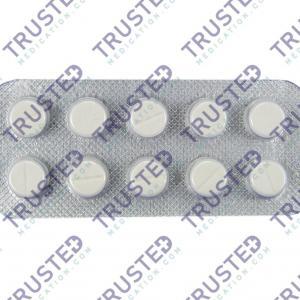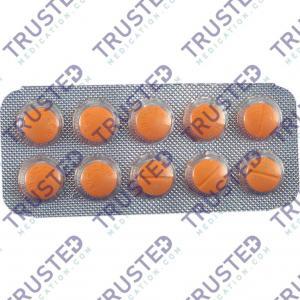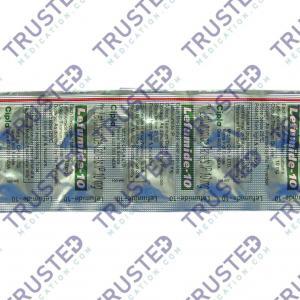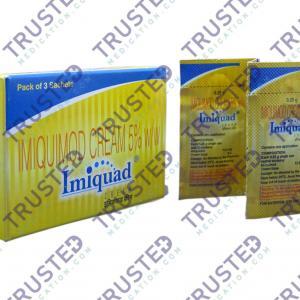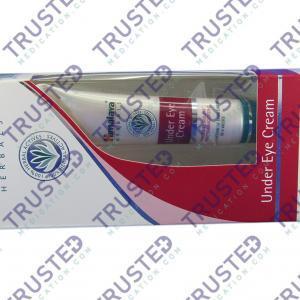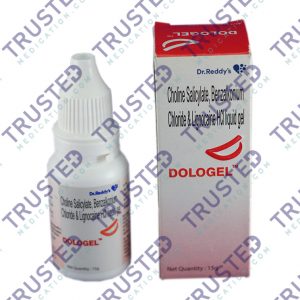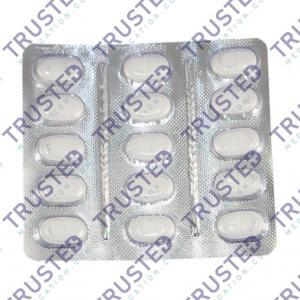
Aphasia is a challenging language disorder that affects an individual’s ability to comprehend and produce spoken or written language. It occurs due to an injury to a specific area of the brain that regulates language expression and comprehension. Aphasia prevents a person from communicating effectively with others.
Aphasia often results from stroke, neurological conditions such as Alzheimer’s disease, or traumatic brain injury. Both men and women are affected equally. The majority of patients with aphasia are middle-aged or older.
What causes aphasia?
Aphasia is caused by injury to the language-dominant side of the brain, usually the left side. The most common cause of aphasia is stroke due to blood clots or ruptured blood vessels in the brain. Other causes include:
· brain infection
· brain tumors
· head injuries
· Alzheimer’s disease or dementia
It is still uncertain whether aphasia results in a complete loss of language structure or issues with language access and usage.
What are the symptoms of aphasia?
A person with aphasia can:
· Speak in incoherent sentences
· Speak in brief, fragmentary sentences.
· Change one word or sound for another.
· Have trouble finding words.
· Speak unrecognizable words.
· Not understanding other people’s conversations.
· Write sentences that do not make sense.
· Not understanding what they read.
What are the different types of aphasia?
Aphasia is classified into several categories. These are often identified based on the location and severity of damage to the language-dominant side of the brain.
· Broca aphasia causes damage to the front section of the language-dominant side of the brain.
Those with this condition often have difficulty finding the right words. They may use the words incorrectly or omit them. However, they typically have a good understanding of spoken language.
· Global aphasia is caused by extensive damage to the language-dominant side of the brain. People with this condition have difficulty speaking, reading, writing, and understanding spoken language.
· Wernicke aphasia results from injury to the side region of the brain’s language-dominant area. It is characterized by fluent speech that may sound jumbled and incoherent. People who are affected frequently have difficulty understanding spoken language and word meanings.
Who can acquire this condition?
Although most people with this condition are middle-aged or older, it can affect anyone, even young children. It can affect anyone who has experienced damage to the language and speech areas of the brain.
According to the National Aphasia Association, around 1 million people in the United States today suffer from aphasia. Nearly 180,000 new cases are diagnosed each year.
Can a person recover from aphasia?
Aphasia recovery is possible. However, it depends on many factors because it affects each individual differently. Most people with aphasia will make some progress in improving their language skills. Some people may recover faster than others, and some may not recover at all.
Recovery from aphasia is influenced by several factors, including:
· Age
· Level of brain injury
· Overall health condition
· Mental health condition
· Brain area affected
· The desire to recover from aphasia.
What are the best treatments for aphasia?
Aphasia treatment aims to improve communication skills. This could entail focusing on your surviving language skills while also repairing those that have been lost. This may include speech therapy, which can help individuals with this condition learn new ways to communicate and improve their language skills. Speech therapy can include exercises to improve listening, speaking, reading, and writing.
Other treatment options include:
· physical therapy
· occupational therapy
In some cases, brain stimulation therapies or medications may be used to improve language skills.

